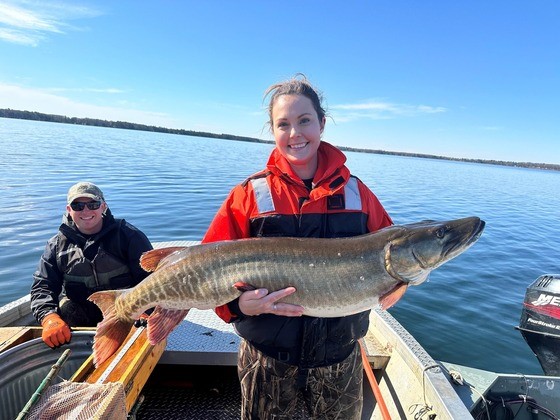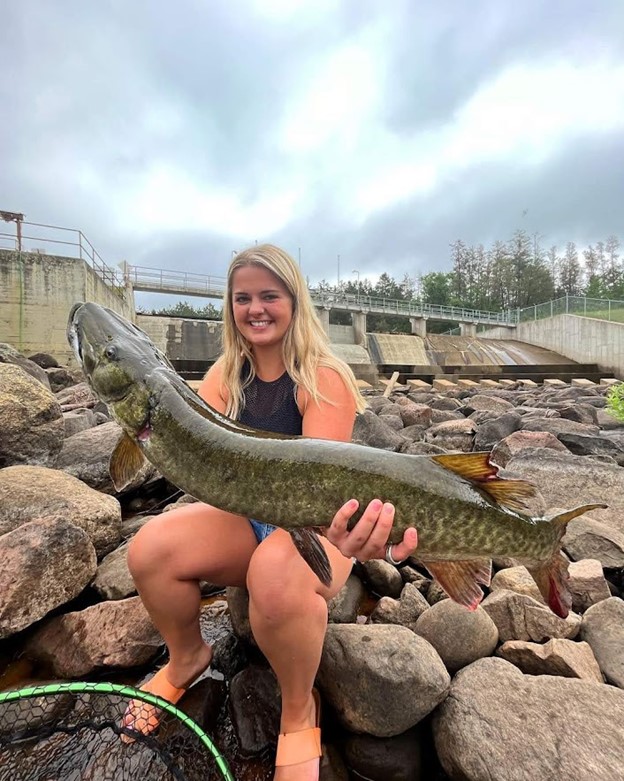Know The Hunting And Trapping Seasons
Opening This Month
Several hunting and trapping seasons are opening in November. Hunters and trappers are encouraged to double-check the regulations and confirm that they have all the necessary licenses before heading into the field.
Nov. 2
- Beaver (Zones A, B and C, trapping only)
- Mink (Southern Zone, trapping only)
- Muskrat (Southern Zone, trapping only)
- Otter (trapping only)
- Raccoon (non-resident)
Nov. 11
- Mink (Mississippi River Zone, trapping only)
- Muskrat (Mississippi River Zone, trapping only)
Nov. 23
Hunters should note that turkey season closes in Zones 6 and 7 on Nov. 22. However, it remains open in Zones 1–5 until Jan. 5, 2025.
Mobile-friendly resources are available, including regulations, season dates, hunting hours, pheasant stocking and more, on the DNR’s Hunting or Trapping webpages. Hunters and trappers can also find information on species population levels and hunting opportunities in the DNR’s 2024 Fall Hunting Forecasts.
Find public lands open to hunting using the DNR’s Public Access Lands webpage. These resources let hunters and trappers plan their next adventure from the comfort of their homes.
It takes everyone to ensure Wisconsin remains a safe place to hunt and trap. When hunting or trapping alone, always let someone know your plan; if your plans change, keep them updated. Hunters should also remember to follow the basic rules of firearm safety:
- T – Treat every firearm as if it is loaded.
- A – Always point the muzzle in a safe direction.
- B – Be certain of your target, what’s before it and what’s beyond it.
- K – Keep your finger outside the trigger guard until you are ready to shoot.
Anyone born on or after Jan. 1, 1973, must have a hunter education certification to purchase a hunting license unless hunting under the Mentored Hunting Law. Learn more about safe hunting in Wisconsin or register for a hunter education course on the DNR website.
All first-time trappers must complete an approved trapper education course unless they are trapping under the youth-supervised option, mentored trapping program or other exemptions. Experienced trappers teach this comprehensive course, which covers basic trapping skills, including legal methods, regulations, safety and ethics.
Have a safe and successful hunting and trapping season!
Photo Credit: Northeast Association of Fish and Wildlife Agencies |

